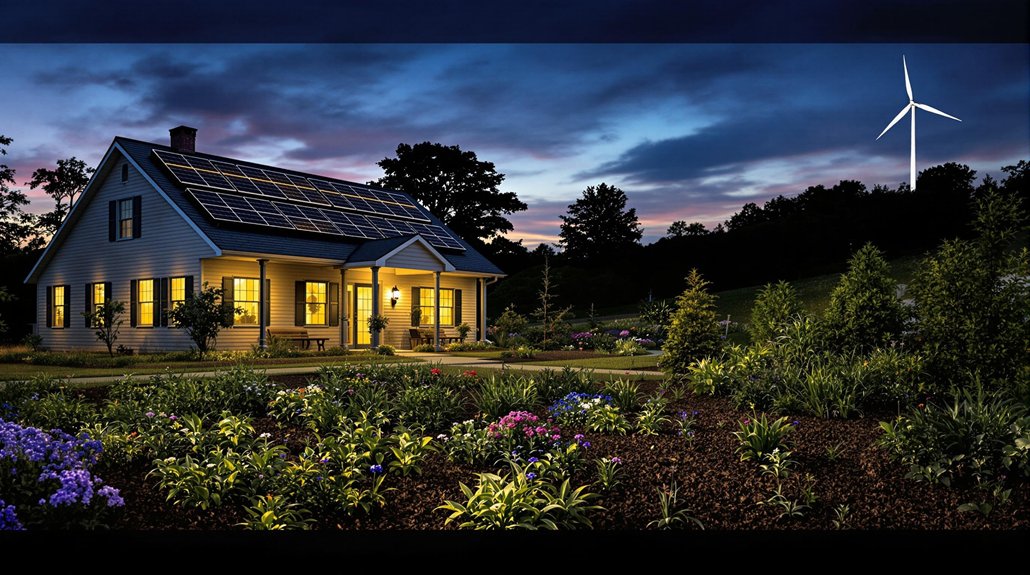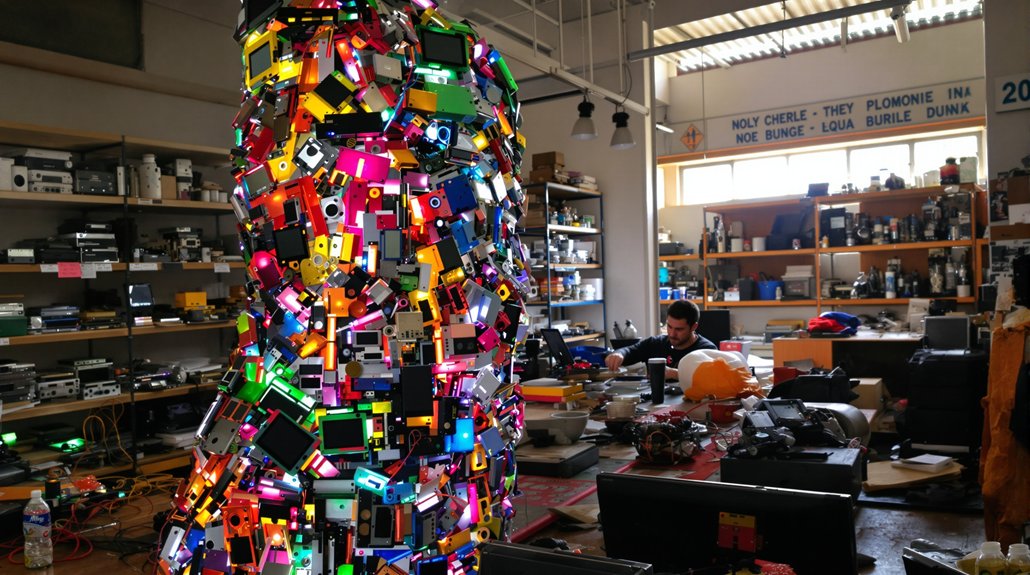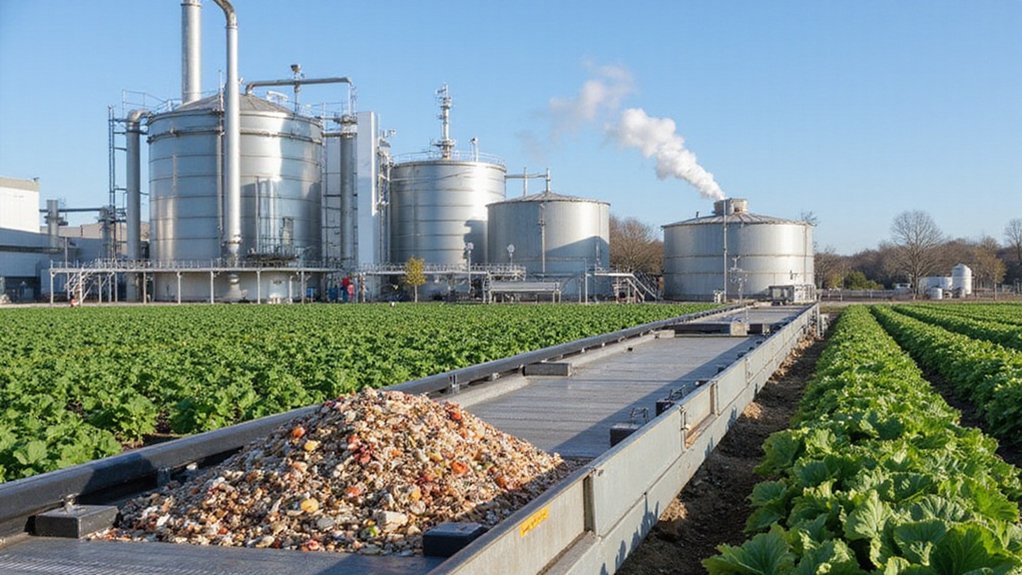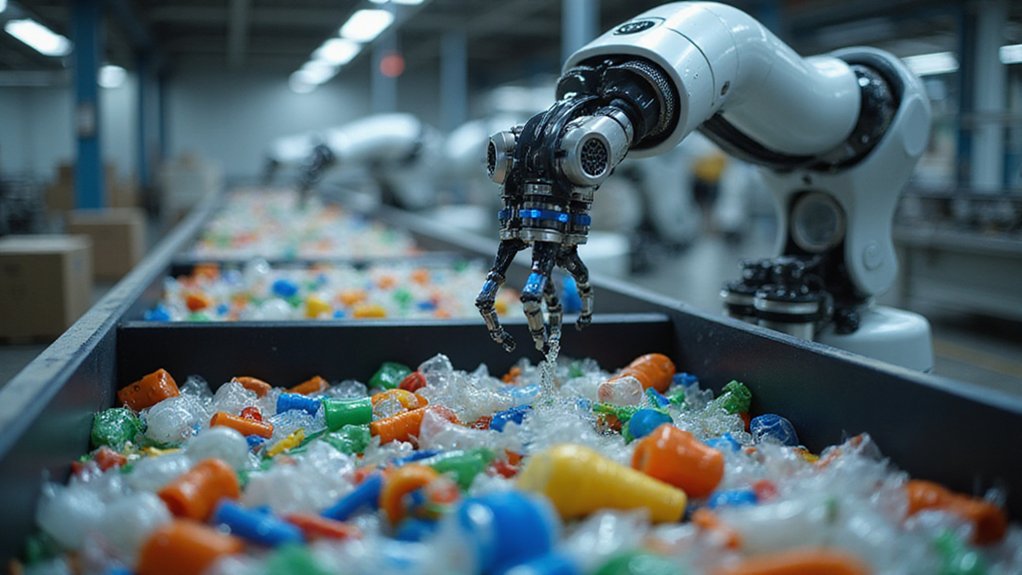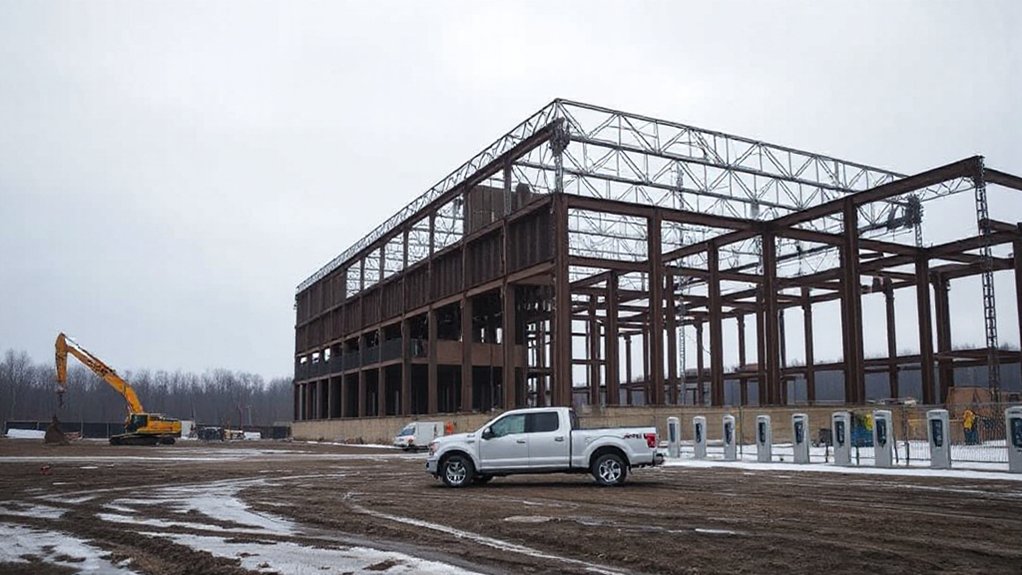John Miller transformed Hillcrest, Missouri by switching from traditional embalming to eco-friendly funeral practices. He introduced natural burials, biodegradable caskets, and composting services. Miller installed solar panels and wind turbines that feed excess energy back to the town grid. His initiatives created jobs, increased property values, and reduced landfill waste by 35%. Community education sessions helped address residents’ concerns about green practices. His story shows how environmental responsibility can breathe new life into struggling communities.
When John Miller traded his embalming tools for gardening gloves, few residents of Hillcrest, Missouri expected their small town would become a model for environmental sustainability. The fifth-generation funeral director had watched his community struggle as traditional industries declined, leaving few economic opportunities behind.
Miller’s journey began when he noticed the environmental impact of traditional funeral practices. Traditional cremation consumes significant energy, while burial often uses harmful chemicals and non-biodegradable materials. “I couldn’t ignore what we were doing to our land and air,” he explained to town officials.
The hidden cost of final goodbyes leaves a heavy footprint on the world we leave behind.
He first introduced natural burial options at his funeral home, eliminating embalming fluids and using biodegradable caskets. Soon after, Miller brought aquamation—a water-based alternative to flame cremation—reducing energy use by 90%. He also began offering composting services, turning remains into soil-enriching material. Similar to the Usrey family’s funeral home that once provided ambulance services for their county, Miller’s business became essential to community wellbeing beyond traditional funeral operations.
For each funeral service, Miller partnered with local environmental groups to plant trees. This simple program has added over 500 trees to Hillcrest in three years. The funeral home installed solar panels and a small wind turbine, generating enough electricity to power its operations and feed excess back to the town grid. The installation costs were offset by tax incentives designed to encourage renewable energy adoption.
The economic benefits quickly followed. Hillcrest saw new jobs in renewable energy installation and maintenance. Property values increased as the town gained recognition for its clean environment. Eco-tourists began visiting to learn about the town’s transformation.
Not everyone embraced these changes immediately. Some residents worried about disturbing traditional burial customs. Others questioned whether green funeral practices were respectful. Miller addressed these concerns through community education sessions and tours of his facility.
Local schools now participate in conservation programs Miller helped establish. Miller provided grief support resources to families as they navigated both personal loss and community transformation. The town’s waste management improved dramatically, with landfill contributions decreasing by 35% in five years.
“We’ve shown that environmental responsibility can revitalize a struggling community,” Miller said. “What started with changing how we handle death has brought new life to Hillcrest.”
